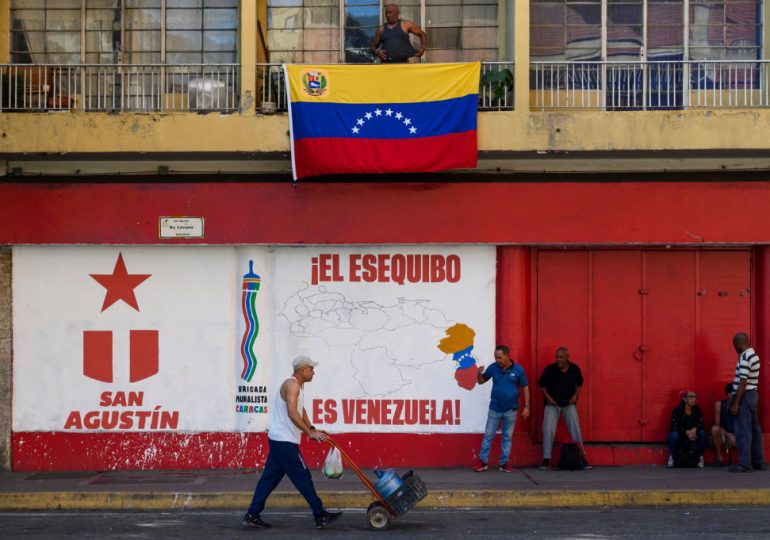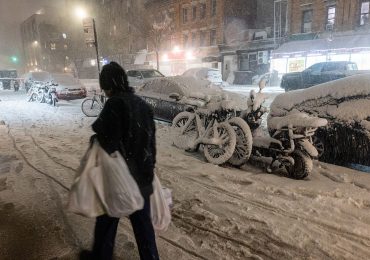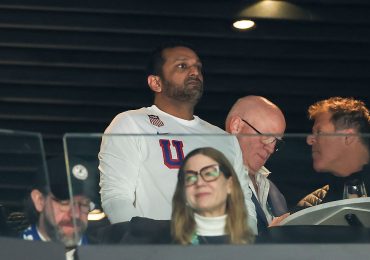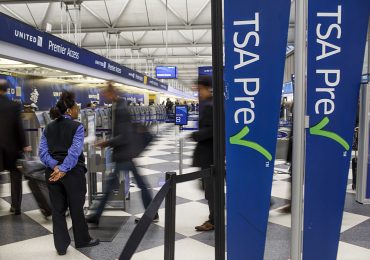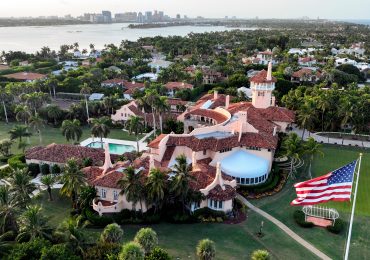Venezuelan President Nicolas Maduro has ordered the country’s oil companies to issue extraction licenses in oil-rich Essequibo, a region in neighboring Guyana—increasing tensions between the two countries and reigniting a longstanding territory dispute.
The news comes after more than 95% of Venezuelan voters approved a referendum claiming ownership over land—which makes up more than two-thirds of Guyana— on Sunday, with plans to create a new state in the region, though some reports say that voters largely shunned the vote. On Tuesday Maduro, who is trying to rename the territory Guayana Esequiba, debuted a new map of Venezuela that included the disputed region.
[time-brightcove not-tgx=”true”]
“We want the peaceful rescue of the Guayana Esequiba,” said Maduro, who also demanded that Guyanese companies working in the territory leave within three months. “Our Guayana Esequiba has been de facto occupied by the British Empire and its heirs and they have destroyed the area.”
In an address to the nation on Tuesday, Guyanese President Irfaan Ali called the move an “existential threat.”
“This is a direct threat to Guyana’s territorial integrity, sovereignty and political independence,” he said.
Here’s what to know.
Why is the territory disputed?
Venezuela has long sought to control Essequibo. Disputes stretch back to 1841, when the Venezuelan government alleged that, in its acquisition of British Guiana (now Guyana) from the Netherlands, the British had encroached on Venezuelan territory. In 1899, the border was decided by an international Tribunal of Arbitration and the region has remained under control of British Guiana and now Guyana for over a century.
In 2015, the discovery of oil off of Essequibo’s coast revived the territory dispute over the 160,000 square km (61,776 square miles) region. The region holds strong economic prospects. Guyana’s fast-growing economy is largely driven by gas and oil. For Venezuela, which has faced hyperinflation, international sanctions, and economic crises in recent years, a revival of the country’s oil industry—coupled with a recent ease in U.S. sanctions—could help stabilize the economy.
What happens next?
Venezuela’s decision will likely be met with strong international resistance. The case is currently before the United Nation’s top court, the International Court of Justice (ICJ), though a formal ruling on the disagreement could take years. Last week, the IJC banned Venezuela from taking any action in the region, though Maduro has said the court does not have authority to rule on the dispute.
Ahead of Sunday’s referendum, Brazil’s top foreign policy advisor Celso Amorim urged Venezuela to avoid the use of force or threat over the border region. “Now there are new facts that are still more worrisome. We’ll not fail to transmit our concerns especially in relation to the policy of no use of force,” Amorim told Reuters.
In his address, President Ali assured investors that they had nothing to fear, and said he has already spoken to U.N. Secretary General Antonio Guterres, and that the matter would be reported to the ICJ and U.N. Security Council.
“The Guyana Defense Force is on high alert …” he said. “Venezuela has clearly declared itself an outlaw nation.”
Leave a comment
